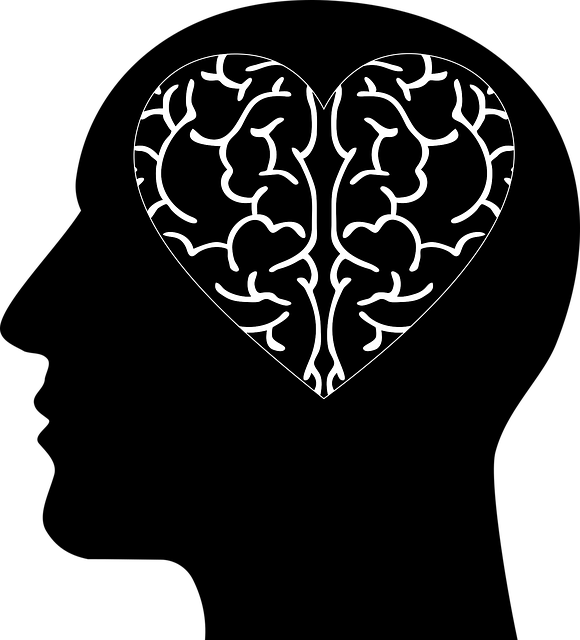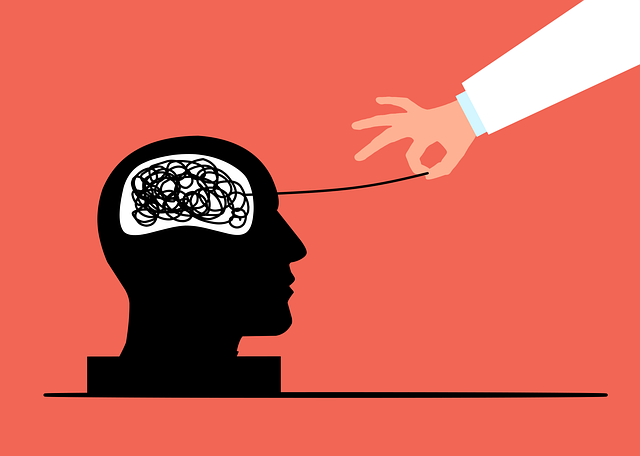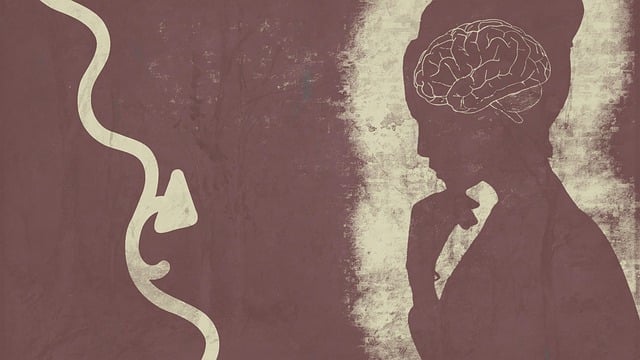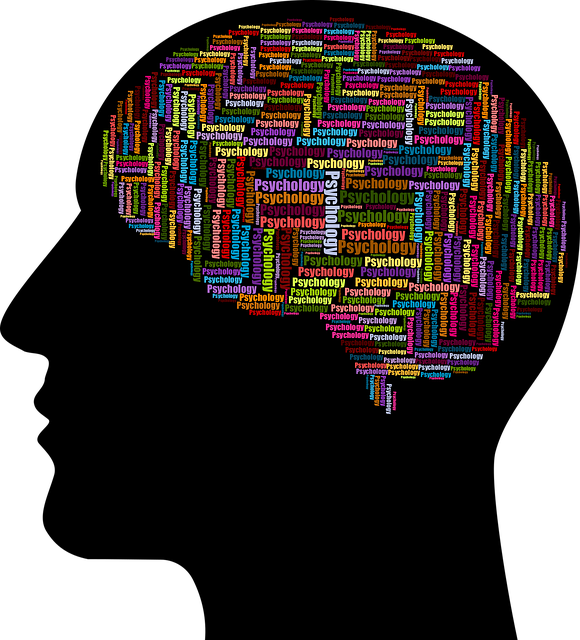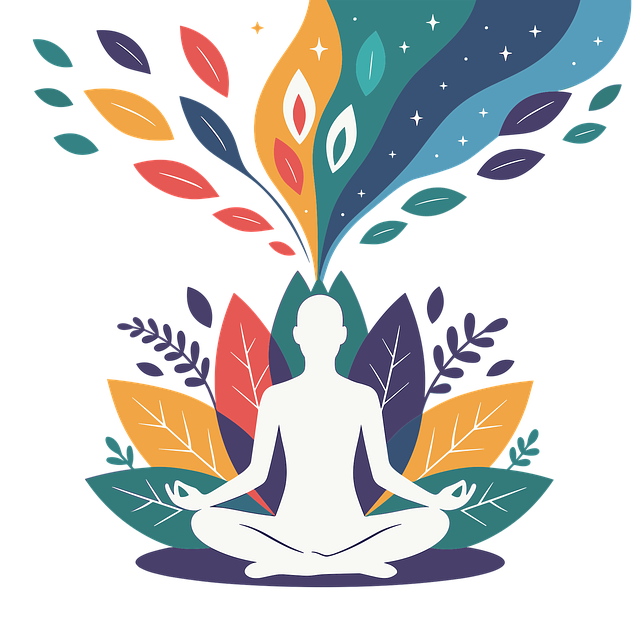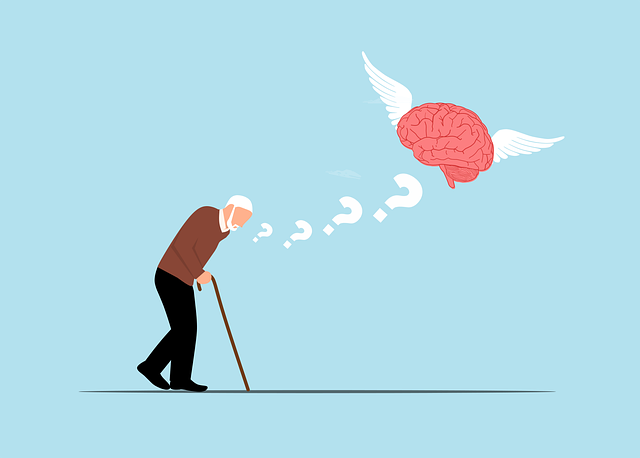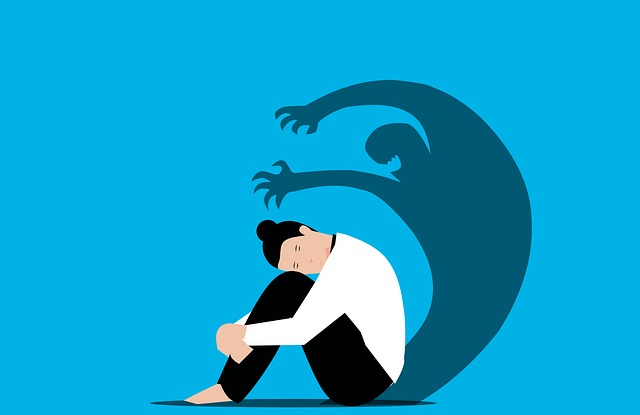Golden Mental Health Evaluations Therapy offers a comprehensive approach to coping skills development, addressing root causes of stress and mental health issues with evidence-based practices like CBT, conflict resolution, and compassion cultivation. By integrating self-care practices, regular emotional assessments, and professional support, individuals gain tools to manage stress, emotions, and difficult situations, enhancing overall well-being and resilience in today's world.
Coping skills are essential tools for navigating life’s challenges, promoting mental resilience, and enhancing overall well-being. This comprehensive guide delves into the significance of coping strategies in mental health management. We explore how Golden Mental Health Evaluations can identify unique coping mechanisms, with a focus on effective therapy approaches to strengthen these skills. Additionally, practical daily tips are provided to help individuals integrate and enhance their coping mechanisms, fostering a more balanced and resilient mindset.
- Understanding Coping Skills and Their Significance in Mental Health
- The Role of Golden Mental Health Evaluations in Identifying Coping Strategies
- Exploring Effective Therapy Approaches for Enhanced Coping Skills Development
- Practical Tips to Integrate and Strengthen Coping Mechanisms Daily
Understanding Coping Skills and Their Significance in Mental Health

Coping skills are essential strategies that individuals use to navigate life’s challenges and maintain their mental health. They serve as a person’s toolkit for managing stress, emotions, and difficult situations, ultimately influencing overall well-being. Understanding these skills is crucial in today’s world, where mental health evaluations and therapy have become increasingly important. The process of developing coping mechanisms involves recognizing personal triggers, learning healthy ways to respond, and building resilience.
By mastering coping skills, individuals can enhance their ability to cope with stress, anxiety, depression, and even trauma. It empowers them to make sense of their emotions and take control of their mental health journey. Golden Mental Health Evaluations often highlight the importance of these skills as a foundation for therapy, emphasizing that effective treatment combines professional support with an individual’s personal coping strategies. Trained therapists can guide clients towards adopting healthier coping mechanisms, thereby improving their ability to manage both common stressors and life-changing events, including trauma, and fostering a stronger sense of Mental Health Awareness.
The Role of Golden Mental Health Evaluations in Identifying Coping Strategies

Golden Mental Health Evaluations play a pivotal role in identifying coping strategies that are tailored to an individual’s unique needs. These comprehensive assessments go beyond surface-level symptoms, delving into the root causes of stress and mental health issues. By integrating data from various sources, including self-reports, clinical interviews, and behavioral observations, therapists gain valuable insights into their clients’ coping mechanisms—both healthy and unhealthy. This nuanced understanding allows for more effective therapy, focusing on enhancing resilience and developing healthier strategies for managing challenges.
In the process of Golden Mental Health Evaluations, individuals are often introduced to a suite of conflict resolution techniques and stress reduction methods that form the backbone of coping skill development. The evaluations help identify areas where mental health awareness needs to be raised, enabling people to better recognize triggers and proactively manage their emotional well-being. Through this structured approach, individuals can learn to navigate life’s challenges with greater ease and resilience.
Exploring Effective Therapy Approaches for Enhanced Coping Skills Development

In the realm of coping skills development, therapy plays a pivotal role in empowering individuals to navigate life’s challenges effectively. Golden Mental Health Evaluations Therapy offers a comprehensive approach, focusing on identifying underlying issues and tailoring treatments to meet unique needs. By combining evidence-based practices, therapists facilitate personal growth and resilience. One such method involves exploring different therapeutic modalities, such as cognitive-behavioral therapy (CBT), which teaches individuals to challenge negative thought patterns and develop healthier coping mechanisms.
Additionally, integrating techniques like conflict resolution skills and compassion cultivation practices can significantly enhance coping abilities. Conflict resolution helps individuals manage disagreements constructively, reducing stress and improving relationships. Compassion cultivation practices encourage self-kindness and empathy, fostering a sense of inner peace that aids in coping with life’s pressures. Burnout prevention strategies, often incorporated into therapy, teach individuals to set boundaries and prioritize self-care, ensuring they remain resilient over time.
Practical Tips to Integrate and Strengthen Coping Mechanisms Daily

Incorporating coping skills into your daily routine is a powerful way to enhance mental well-being and navigate life’s challenges with greater ease. One effective strategy is to engage in regular self-care practices, such as meditation or journaling, which can help you process emotions and gain perspective. Compassion cultivation practices, like practicing kindness towards yourself and others, can significantly improve your overall resilience and emotional regulation skills.
Additionally, public awareness campaigns development plays a crucial role in normalizing conversations around mental health. By sharing resources and personal experiences, we can reduce the stigma associated with seeking therapy, encouraging more individuals to prioritize their mental well-being through golden mental health evaluations. Regularly assessing your emotional state and identifying triggers allows for proactive management. Focus on building resilience through consistent practice of these coping mechanisms, ensuring a healthier and more balanced life.
Coping skills are essential tools for navigating life’s challenges and maintaining mental well-being. By understanding these skills and utilizing effective therapy approaches, individuals can significantly enhance their resilience. Golden Mental Health Evaluations play a pivotal role in identifying personal coping strategies, serving as a foundation for personalized growth. Integrating practical tips into daily routines allows folks to strengthen their mechanisms, fostering a more balanced and fulfilling life. Through a combination of evaluation, tailored therapy, and consistent practice, anyone can develop robust coping skills that promote mental health and resilience.


